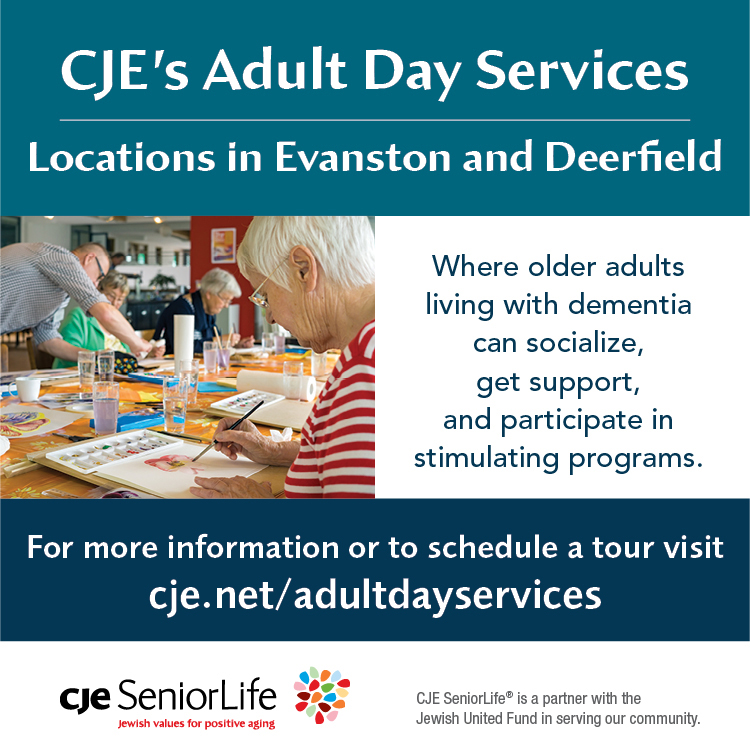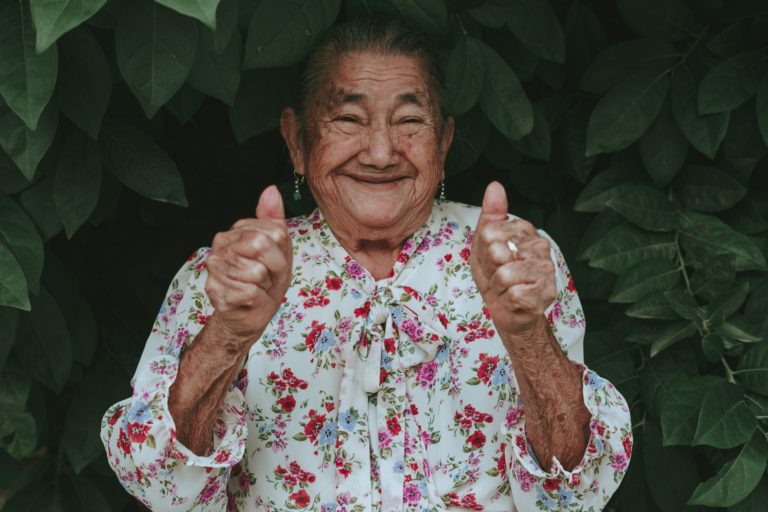
Sarah is a longtime journalist, specializing in aging, parenting, caregiving, health, and business management topics.
How caregivers can support their loved one through addiction.
Celeste Kranick won’t forget the moment when a close relative, for whom she had acted as caregiver, opened up about why he couldn’t stop using drugs. During a car ride, he expressed frustration about his situation, and Kranick reminded him that he knew what to do.
“I know,” Kranick remembers her loved one saying. “I have to trick my brain to know I won’t die if I come off the substance, because my brain is telling me I need it.”
Earlier in her journey, Kranick would not have appreciated the significance of those words.
“Back in the day, I probably would have said, ‘All you need to do is stop it,’” says Kranick, who lives in upstate Pennsylvania, in a rural area without many resources. She also is a coach for the Partnership to End Addiction. The national nonprofit includes a bilingual helpline to support families. Now it’s like, ‘OK. I understand that you’re struggling. When you’re ready, I’m here,’” she says.
More caregivers are finding themselves in Kranick’s place, as drug use and overdose deaths rise. Between 1999 to 2021, drug-involved overdose deaths grew by 533%, according to the National Institute on Drug Abuse. In 2021, some 22% of people age 12 and up had used illegal drugs in the past year — up from 18% in 2015, according to the Substance Abuse and Mental Health Services Administration.
Caring for somebody who is misusing drugs or alcohol is fraught with challenges. The stigma can be isolating for both the caregiver and their loved one. “We hear from so many families that when they ask for help, they’re the ones who get judged,” says Cesar Bravo Wolfe, a licensed clinical social worker and associate director of Partnership to End Addiction’s helpline services.
People with addiction often grapple with other conditions, particularly mental health disorders, such as anxiety and depression, and chronic health issues that have emerged from drug or alcohol abuse. A caregiver has to navigate all these issues alongside the person. “You’re playing interpreter and translator for the nurse, doctor, counselor, and everyone else,” says Jeremy Klemanski, CEO of Gateway Foundation, a Chicago-based, national provider of addiction treatment services. “You’re trying to be everything because of the isolation and lack of access.”
But there’s also reason to hope. “There are thousands of people in recovery,” Kranick says. “In fact, with that family support, there’s a better hope of them surviving this disease than not.”
Here’s how caregivers can support their loved one in addiction.
Educate yourself
Addiction is a disease. It has a genetic component, and other factors can also trigger it, such as traumatic experiences. How the drug is ingested also plays a role, with some delivery systems more likely to lead to addiction than others, according to the National Institute on Drug Abuse. Klemanski says addiction — a chronic, progressive brain disorder — changes the way our brains function while impaired.
And because it’s complex, there’s no one-size-fits-all path to navigate addiction challenges and steer someone to recovery. Yet, the old advice to let an addict hit rock bottom is no longer valid. So many drugs today are laced with fentanyl, a synthetic opioid behind the surge in overdose deaths.
“Any use — any relapse if you were recovering — today can be fatal,” Klemanski says. “That hasn’t always, historically, been as prevalent as it is today. That’s why we tell people that waiting for somebody to hit rock bottom is a really, really dangerous thing.”
When caregivers understand addiction as a disease and not a personal failing, it can become easier to respond to their loved one’s needs in a more compassionate way.
“Being able to understand what are some of those contributing risk factors allows family members to see that there may be other areas that we can work on,” Klemanski says.
Connecting a person who misuses substances with a therapist or job training might not feel like a huge leap, but it’s a step in the right direction.
Cultivate conversations
Follow your loved one’s lead when it comes to conversations about their addiction. Note the words and topics that shut them down, as well as body language or tone that indicates they’re not ready to talk, Wolfe says. Seize the moments when they are open for a conversation.
When you speak with them, Wolfe recommends using so-called OARS skills: Ask open-ended questions; affirm; reflect on what they’ve said; and then summarize it. Your goal: position yourself as a safe space where your loved one can talk about how they’re feeling when they’re ready for change, Wolfe says.
It’s hard to care for others when you’re flailing yourself. Find the support you need to navigate this difficult journey with the help of family or friends, support groups, therapy, and elsewhere, Kranick says. And take time for yourself — whether it’s a walk around the block or a vacation (without your loved one).
Self-care helps caregivers be better caregivers. “Love yourself,” Kranick says. “Because you matter. Your life matters. You’re not alone.”
And though caregiving is never easy, when caregivers really listen to what their loved ones say about the pain of addiction and make efforts to understand the disease, it can make all the difference.








